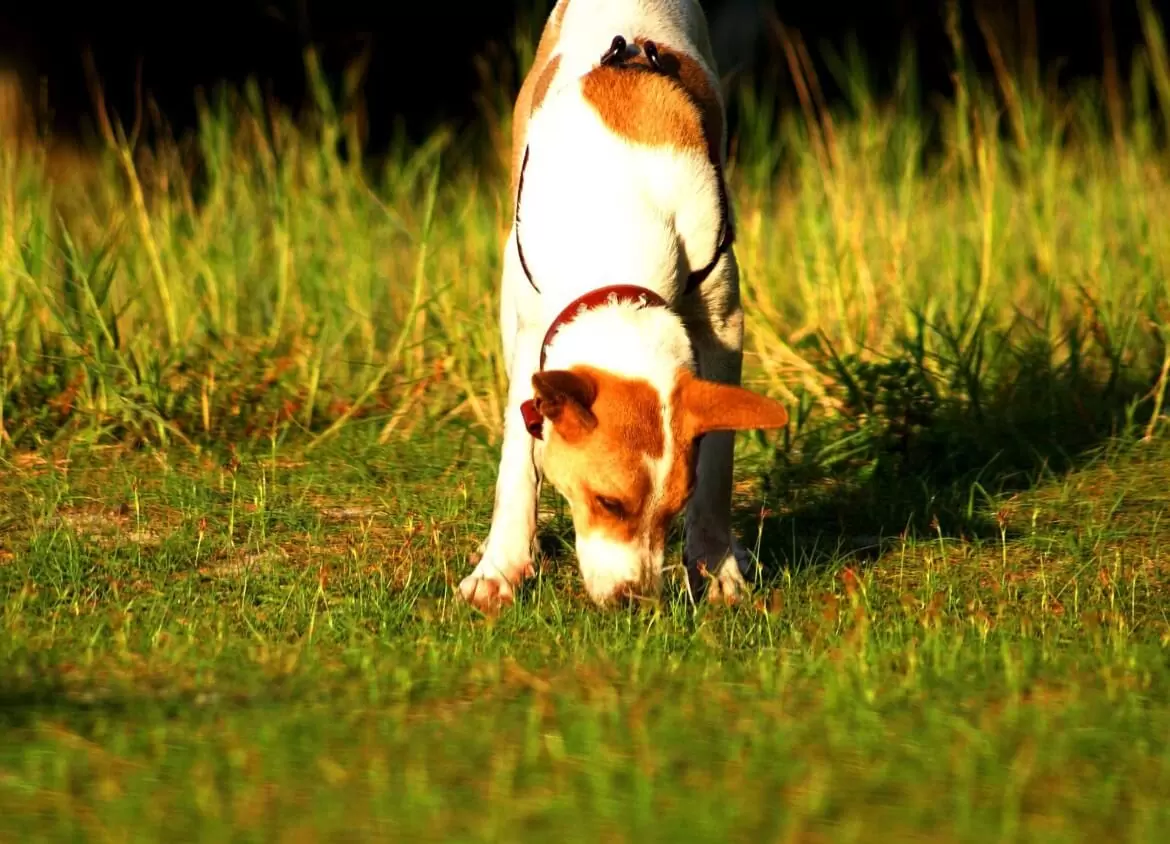
Grass Eating – What’s it all about?
Understanding Your Pet’s Grass Munching Habit
If you’re a pet owner, watching your furry friend munch on grass might seem pretty normal. But what’s behind this behavior? Nadia Crighton investigates this interesting habit and its implications.
Common Occurrence
Many pets, like my dog — aptly nicknamed ‘cow’ for his grass-eating antics — seem to relish consuming certain types of grasses. As he ages, his fascination with specific grasses grows, and interestingly, unlike most dogs, he doesn’t vomit it back up. This led me to explore the possible reasons behind dogs’ and some cats’ penchant for grass.
Potential Nutrients?
Could certain grasses contain essential nutrients for our pets? If so, what could these be? And what insights can we glean when our pets start munching on grass?
Medical Implications
If your dog has recently taken up grass eating, it’s wise to visit your local veterinarian to rule out underlying issues. Digestive problems, inflammation, or stress could prompt this behavior. Check for signs: Is your dog stressed or sick after eating grass? What grass types do they prefer? Is the grass treated with chemicals or potentially contaminated?
Natural Instinct
Considering dogs as natural scavengers and hunters, grass eating might be a way for them to obtain nutrients during food scarcity. Some believe it’s an ancestral habit passed down through generations, perfectly natural for dogs acting out their scavenging instincts.
Debunking Myths
Contrary to popular belief, grass eating may not necessarily help pets vomit. A study showed that while 79% of surveyed dogs ate grass, only 22% vomited afterward. Age seemed to influence vomiting tendencies, with younger dogs less likely to do so. This study supported the idea that grass eating is a common behavior among domestic dogs.
Diet and Grass Consumption
Debate exists on whether diet influences the amount and type of grass pets consume. Research suggests dogs on a standard diet eat more grass than those on a specific diet. However, it’s unclear whether grass helps in gastrointestinal upsets, constipation, or nausea.
When Is Grass Eating Not Okay?
Grass eating isn’t necessarily bad, but if your dog frequently vomits after eating grass, consider training them to avoid this behavior. Continuous vomiting is unhealthy for dogs, akin to humans. Beware of grass treated with chemicals that could make your dog sick.
As for my senior dog, his love for healthy, chemical-free grass without any side effects suggests it’s not causing issues. Perhaps it’s anxiety or natural instincts? Or maybe, just maybe, he’s self-medicating for arthritis. The science behind these theories is still out there. Stay tuned as I delve deeper into holistic and behavioral perspectives on our pets’ grass-eating habits!
For more reasons on why cats eat grass, visit the Factual Facts website.
A BIT ABOUT THE BLOGGER:
Nadia Crighton is a well-known and accomplished Australian Journalist and pet magazine Editor. As a busy mum of four humans, two dogs, 50 sheep, three cats, a handful of chickens and a goat named Billy, she simply adores pets of all shapes and sizes. These are her personal thoughts and advice from many years of pet-ownership.
Get the latest Pet Insider Tips & News
We offer award-winning* pet insurance policies to protect your furry friend’s health and wellbeing. Get a quote today and give your pets the care they deserve.
Archives
Categories
- Cat Care (64)
- Cats (1)
- Dog Care (124)
- Guides (28)
- Health and Nutrition (199)
- Lifestyle and Activities (217)
- Media Release (23)
- Pet Care (245)
- Rescue Dogs (1)

